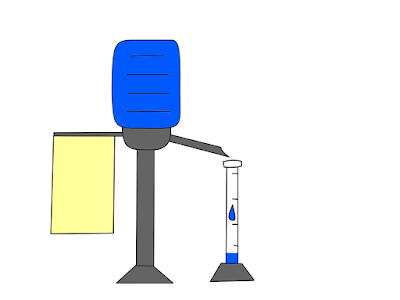Celestial Senses
The universe is everything...everywhere...infinite. Everything that has ever existed and everything we have ever known makes up our universe. The Earth is only a tiny speck in a constantly expanding universe made of billions of stars and galaxies. Knowing what you know about light, sound, and time, do you think the universe could exist or operate without one of them? Without time, would we be able to move, develop, and evolve? Without light, we would, most likely, freeze and not be able to grow food. Without sound, we would not have instruments or music, or be able to hear warnings. There are many questions to the mysteries of the universe which are left unpondered. For this Final Presentation, I want to exercise your mind and have you explore the different possibilities when removing one of the properties - light, sound, or time. Answer the questions below before reading on. Loading… The point of this project is to have you picture an alternate universe. A universe without e...
